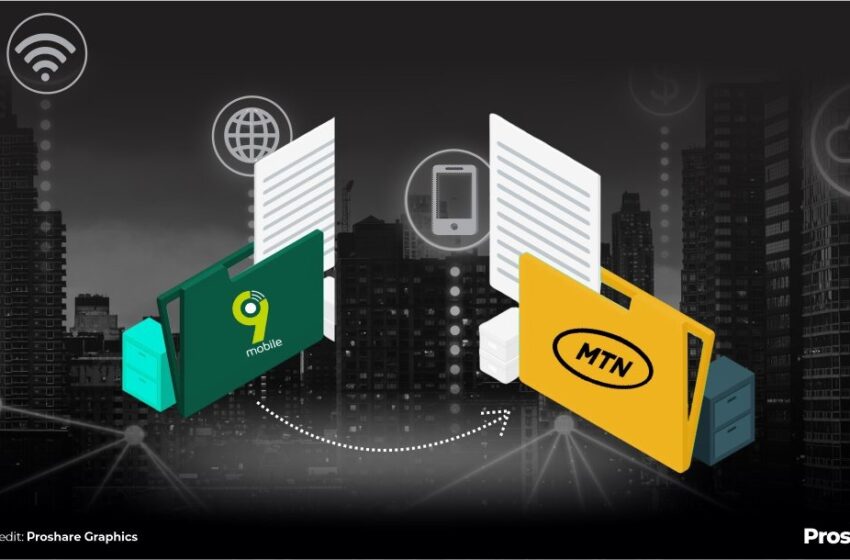What you need to know about NCC-approved 3-year MTN–9Mobile roaming deal

In a pivotal move for Nigeria’s telecom industry, the Nigerian Communications Commission (NCC) has approved a landmark three‑year national roaming agreement between telecom giants MTN Nigeria and 9Mobile. With nearly 3 million 9Mobile subscribers now gaining access to MTN’s expansive network, this deal promises to reshape connectivity, tackle coverage gaps, and redefine industry competition. Here’s what experts and consumers need to know.
Why the NCC Approved the Roaming Deal
The NCC greenlit the agreement to enhance network accessibility and address persistent coverage issues faced by 9Mobile users. Recognizing the importance of infrastructure sharing, the regulator views this move as a strategic step toward reducing operational costs and expanding services to underserved and rural areas. By leveraging MTN’s robust infrastructure, 9Mobile customers can now enjoy more stable calls and data services, especially in regions where 9Mobile’s coverage has historically fallen short.
How It Benefits 9Mobile Subscribers
The agreement grants 9Mobile’s subscriber base of around 2.97 million seamless access to MTN’s powerful 4G/5G network, alleviating repeated downtime and poor signal complaints. Reports have already emerged of significant improvements in both voice clarity and data performance as the deal rolls out across major and remote Nigerian locales.
Strategic Impact for MTN and 9Mobile
While 9Mobile gains much-needed infrastructure support, MTN stands to expand its spectrum capabilities and potentially attract new subscribers from 9Mobile’s user base. Industry analysts describe the arrangement as a win–win scenario, where MTN gets indirect access to additional frequency bands, and 9Mobile mitigates service shortfalls without immediate capital outlay.
Consumer Experience and Operational Timeline
Once activated, eligible 9Mobile subscribers will automatically route calls and data through MTN towers when out of range of their primary network, at no extra cost. The deal has already kicked in according to BusinessDay, marking a lifeline for 9Mobile’s customers experiencing chronic service disruptions. From now until 2028, the functionality is expected to roll out in phases across Nigeria’s geopolitical zones.
Implications for Competition in the Telecom Sector
This deal intensifies pressure on competitors (Airtel and Glo), to consider similar alliances or accelerate network expansion. The government’s telecom strategy increasingly favors shared infrastructure to prevent redundant investment and accelerate rural connectivity. Observers suggest this could reshape pricing models, quality benchmarks, and settlement norms across the industry.
Challenges and Regulatory Monitoring
While promising, the roaming arrangement raises concerns about market dominance and sector fairness. For example, Globacom has petitioned the NCC, arguing the deal could create uneven competitive advantage by granting MTN access to 9Mobile’s spectrum holdings. Regulatory bodies are expected to maintain close oversight to ensure the pact benefits consumers without stifling fair competition.
Final Thoughts
The NCC-approved three-year national roaming deal is more than a technical arrangement, it’s a strategic intervention aimed at improving nationwide connectivity, enhancing customer service, and fostering a more collaborative telecom environment. For 9Mobile subscribers, it offers immediate relief. For the industry at large, it signals a shift toward shared infrastructure and market recalibration. As implementation begins, consumers and competitors alike will be watching closely.

